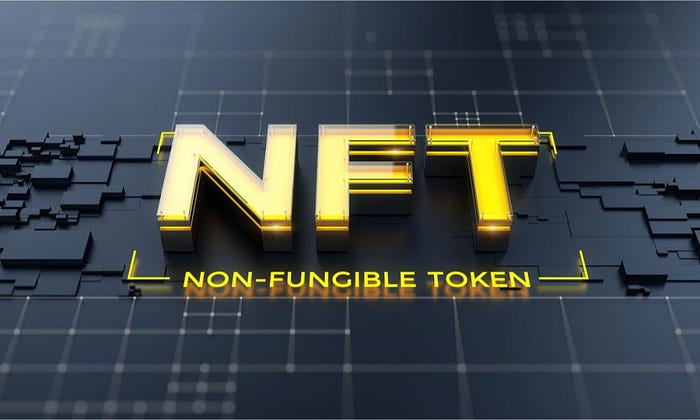views
A Short Guide to the White Label NFT Marketplace
White Label NFT Marketplace ?
White Label NFT Marketplace is a 100% customizable NFT marketplace with all end-to-end features, investors and developers choose White Label NFT Marketplace because it is 100% customizable and can be tailored to your business Multiple functions need to be added. Young people have acquired the knowledge of blockchain and NFT, which will lead to the future development of NFT, and at the same time, creators have also gained reputation around them due to the development of NFT and NFT market. Minted NFTs could be audio, music, video, etc. Creators of these digital assets list their creations as NFTs in exchange for cryptocurrencies on this NFT marketplace. Creators can place their NFTs in auctions or public bidding.
White Label NFT Market Development
Developers plan and design white label NFT marketplace development from clone scripts at client’s request. Entrepreneurs and merchants started their white label NFT marketplaces in the crypto space due to its shorter deployment time and lower cost. Most developers plan white label NFT platform development in the following order
1.user interface development
2.Determine the blockchain network
3.token development
4.smart contract coding
5.Integrated IPFS storage
6.beta testing
deploy
User Interface Development — Develop the most attractive and user-friendly user interface as it gives users the first impression of your NFT platform and an easily accessible user interface will allow you to benefit from many active users.
Identify Blockchain Network — Select any blockchain network in which the NFT marketplace must be established.
Token Development — Token standards must be developed for NFTs listed on the market. Tokens may be 721 or 1155 standard and developed tokens are end-to-end encrypted.
Smart Contract Coding — Operations and transactions in decentralized marketplaces are monitored and processed through programmed smart contracts. Writing codes for all modes of operation in the market is the ultimate task of developers.
Integrated IPFS storage — NFTs listed on the market are stored in IPFS storage, user data and other data are stored in DB. The developers integrate the storage setup with the marketplace after developing the platform.
Beta Testing — After the store is integrated with the marketplace, the marketplace goes through a series of tests to fix bugs. Developers test the Marketplace on a testnet before launch.
Deployment — The developed marketplace is then deployed on the client’s server and published to the global marketplace for use by all users worldwide.

Attractive features
Storefront — Past users become active users of your market and have a first impression of your market. Developing the most attractive storefront with all the features will win users to your market.
Auction — The most prominent feature that most users love, put NFTs on auction and sell them at the best price. This will retain your users for a long time and gain new users when it comes to auctioning NFTs.
Ensure Users — Marketplace must gain user trust and develop a secure marketplace with DDOS, CSRF, SSRF and many more features to prevent intrusive hacking attacks will earn your trust and the marketplace will be safe from cyber attacks.
User Dashboard — The most informative dashboard for users and administrators. Users can view all transaction history and NFT details.
Benefits of Rebar Downstream Products
Effective Data — Developing a white label NFT marketplace will allow you to benefit from each NFT’s data history and user history.
Smart Contract Audit — The market is audited by a smart contract and all bugs and vulnerabilities will be fixed.
Rapid Deployment — Since less time is required to develop and fix bugs, the marketplace can be deployed quickly.
Scalability — A mature white label NFT market will perform well without any disruption, even with 50,000+ active users in the market.
Famous white label NFT platform
Developing a white label NFT marketplace will benefit you with less development costs and time requirements for market development. Developing a white label NFT marketplace using well-known clone scripts such as Opensea Clone and Rarible Clone will be good for increasing traffic. Developed from a popular clone it will bring many new features to your market. If you are wondering how to create an NFT marketplace check out previous blogs.
White Label NFT Service
The most commonly used white label NFT platforms are Opensea clone and Rarible clone. Most investors and entrepreneurs prefer the above clones for their white label NFT platform development. The ultimate goal of developing a white label platform is because of the quick launch and trouble-free access of the platform.
Why launch a white label NFT marketplace?
Entrepreneurs and businessmen who want to do business in the crypto space can consider launching NFT platforms. With young people showing interest in cryptocurrencies and NFTs, all digital assets in the future will be NFTs. Most people prefer white label NFT marketplaces to develop NFT marketplaces from scratch. This is because of the time and cost involved in developing an NFT platform.











